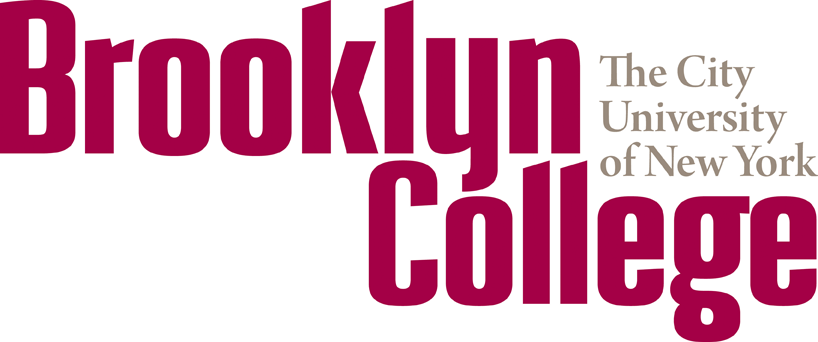
Publications and Research
Document Type
Article
Publication Date
2-29-2016
Abstract
We have fabricated protein polymer-gold nanoparticle (P-GNP) nanocomposites that exhibit enhanced binding and delivery properties of the small hydrophobic molecule drug, curcumin, to the model breast cancer cell line, MCF-7. These hybrid biomaterials are constructed via in situ GNP templated-synthesis with genetically engineered histidine tags. The P-GNP nanocomposites exhibit enhanced small molecule loading, sustained release and increased uptake by MCF-7 cells. When compared to the proteins polymers alone, the P-GNPs demonstrate a greater than 7-fold increase in curcumin binding, a nearly 50% slower release profile and more than 2-fold increase in cellular uptake of curcumin. These results suggest that P-GNP nanocomposites serve as promising candidates for drug delivery vehicles.
Included in
Biochemistry, Biophysics, and Structural Biology Commons, Biology Commons, Biotechnology Commons


Comments
This article was originally published in the Journal of Nanomedicine & Nanotechnology, available at doi:10.4172/2157-7439.1000356.
This article is an open access article distributed under the terms of the Creative Commons Attribution License (CC-BY).